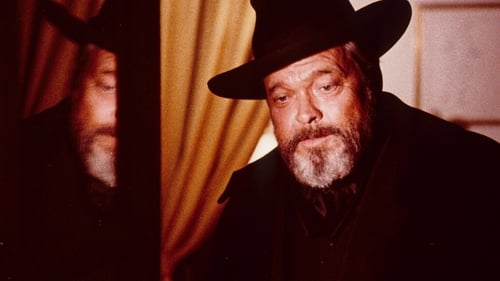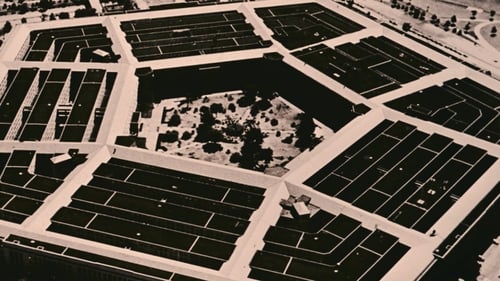
Director of Photography
An unreleased 9 minute trailer for F for Fake directed by Orson Welles as promotional reel for the film's American release.

Director of Photography
Study of the passengers of a steamship during a Mediterranean cruise. (uniFrance)

Additional Photography
Documents the lives of infamous fakers Elmyr de Hory and Clifford Irving. De Hory, who later committed suicide to avoid more prison time, made his name by selling forged works of art by painters like Picasso and Matisse. Irving was infamous for writing a fake autobiography of Howard Hughes. Welles moves between documentary and fiction as he examines the fundamental elements of fraud and the people who commit fraud at the expense of others.

Self
Documents the lives of infamous fakers Elmyr de Hory and Clifford Irving. De Hory, who later committed suicide to avoid more prison time, made his name by selling forged works of art by painters like Picasso and Matisse. Irving was infamous for writing a fake autobiography of Howard Hughes. Welles moves between documentary and fiction as he examines the fundamental elements of fraud and the people who commit fraud at the expense of others.

Director
The first of the modern fishing films, shot in the wild panorama of 1970s Key West. Colorful scenes of Key West from another era - with treasure hunters, smugglers, hippies and eccentrics - are background to stunning cinematography and tarpon fishing at its finest. Authors, Richard Brautigan, Tom McGuane and Jim Harrison join with legendary flats guides, Woody Sexton, Gil Drake and Steve Huff.

Cinematography
On October 21, 1967, over 100,000 protestors gathered in Washington, D.C., for the Mobilization to End the War in Vietnam. It was the largest protest gathering yet, and it brought together a wide cross-section of liberals, radicals, hippies, and Yippies. Che Guevara had been killed in Bolivia only two weeks previously, and, for many, it was the transition from simply marching against the war, to taking direct action to try to stop the 'American war machine.' Norman Mailer wrote about the events in Armies of the Night. French filmmaker Chris Marker, leading a team of filmmakers, was also there.





